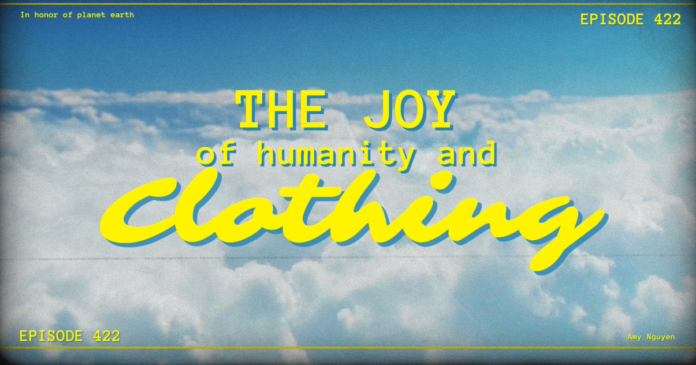
Imagine this, its been a long day of exams and work and you really want to just hang out with your friends for the night to simply relax. You and your friends are hanging out and time passes fast and next thing you know, it is 2 AM. Out of thin air, one of your friends says “I’m hungry, you guys want to go eat some Waffle House?”. You give in after a few minutes and decide to go get some food. After your Waffle House escapade, you return and are getting tired and go to bed when you enter your apartment door. After you wake up the next morning, you realize that you shouldn’t have eaten before sleeping and regret your decision. After regretting such decision, you decide to not eat late at night due to the occurrence and instead sleep on an empty stomach. If you have been in a similar situation, it is time to evaluate possible decisions on what to do because certain decisions could lead to potential risks.
If you decide to sleep on an empty stomach, the decision might not be the best decision to make. Sleeping on empty stomach could lead to certain effects such as weight gain, loss of muscle mass, less energy, changes in mood, low insulin, and lack of sleep (The Sleep Advisor, 2020). However, you probably have been told that eating late at night could lead to weight gains. This idea has been an idea in many peoples’ heads for numerous of times and is a common misconception among many people. This idea of weight gains due to eating at night is based off studies that were conducted on animals rather than humans. This notion is supported by animals, but it doesn’t reflect how humans react to such thing. In fact, in 2016, a study was conducted on children in the UK that checked the association of the time of evening meals as well as the weight status of children. The results of the study indicated that there was no evidence that late eating habits led to excess weight in children (Meixner, 2018). With the study in mind, it is essentially better to watch what you eat before sleeping rather than when you eat. If you decide to eat a huge meal though before sleeping, examine the risks.
One of the major risks of eating large meals at night is the potential risk of Acid reflux (“This Is what Happens…”, 2018). In general terms, “Acid reflux occurs when contents from your stomach move up into your esophagus” (Healthline Editorial Team & Cruikshank, 2019). Acid reflux can essentially provide discomfort in an individual in their chest area and if commonly occurred, it will lead to other issues. In a study conducted in 2005, different scientists researched the association between gastro-esophageal reflux disease (GERD) and the intervals between bedtime and a huge meal. In this case study, about 147 GERD patients and 294 Non-GERD patients were examined. With different comparisons made, the study concluded that if there is a small-time interval between your last huge meal and bedtime, then there is a significant change you could potentially develop GERD (Fujiwara et al., 2005, p. 2634). This study reflects the idea of eating a huge meal before sleeping. In no way it is saying that you cannot eat at all before sleeping. In fact, eating small healthy snacks before sleeping can be beneficial to one’s sleep as it may help one sleep better, may stabilize blood sugar in the morning, as well as aiding in weight loss (Jones, 2016). Before you sleep, think of the potential things you can do to get a good night’s rest.
If it is almost bedtime and you are feeling a bit hungry, think about what you can do to make sure you go to bed in a healthy manner. If you are very hungry at night, do not grab your bag of chips and chow down on that, instead eat a healthier snack. If you do not have any healthy snacks, don’t even bother going to your nearest fast food and eating that, instead cook something small and healthy and eat that instead. Again, it isn’t about when you eat, it is about what you eat!
Citations:
Fujiwara, Y., Machida, A., Watanabe, Y., Shiba, M., Tominaga, K., Watanabe, T., … Arakawa, T. (2005). Association Between Dinner-to-Bed Time and Gastro-Esophageal Reflux Disease. The American Journal of Gastroenterology, 100(12), 2633–2636. https://doi.org/10.1111/j.1572-0241.2005.00354.x
Healthline Editorial Team, & Cruikshank, H. (2019, March 22). Everything You Need to Know About Acid Reflux and GERD. Retrieved from https://www.healthline.com/health/gerd
Jones, R. T. D. (2016, October 28). Is It Bad to Eat Before Bed? Retrieved from https://www.healthline.com/nutrition/eating-before-bed#section4
Meixner, M. (2018, October 2). Does Eating Late at Night Cause Weight Gain? Retrieved from https://www.healthline.com/nutrition/eating-at-night#circadian-rhythm
The Sleep Advisor. (2020, January 8). Going To Bed Hungry – Is It A Good Or Bad Thing? | Sleep Advisor. Retrieved from https://www.sleepadvisor.org/going-to-bed-hungry/
This Is what Happens to Your Body if You Eat Right Before Bed. (2018, December 6). Retrieved from https://www.vice.com/en_us/article/kzvnjz/just-how-bad-is-it-to-eat-before-bed
